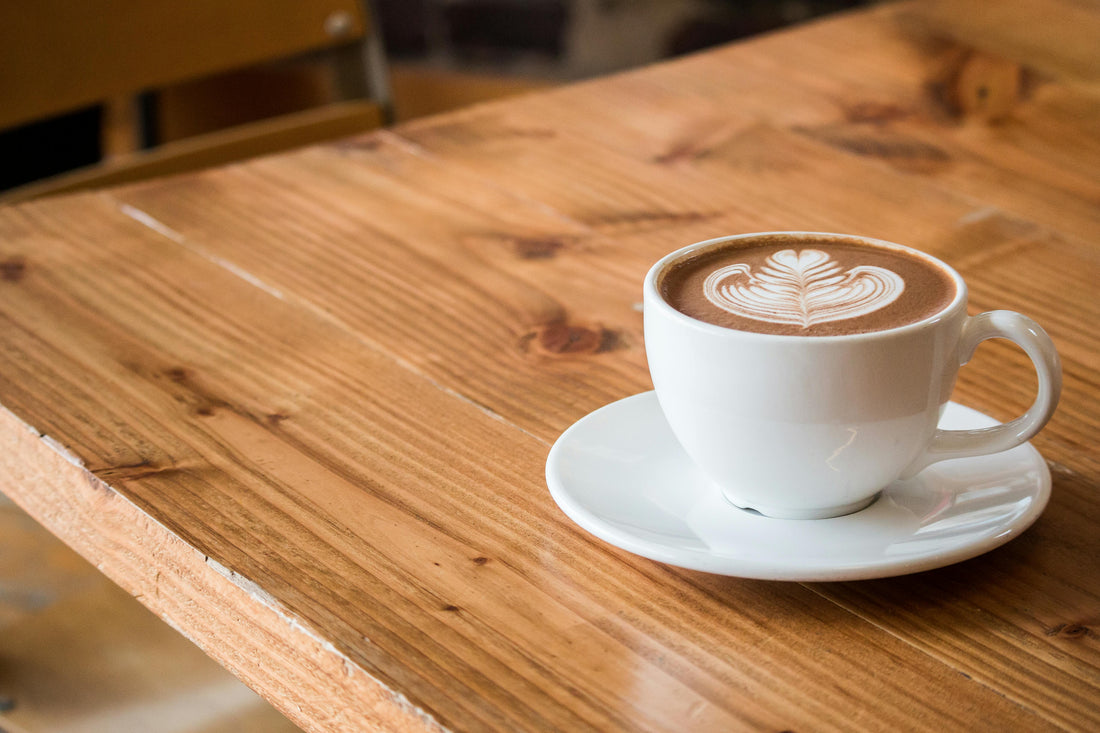I get it — coffee is delicious. The smell, the warmth, that little jolt of energy first thing in the morning… I love it too. For so many people, it’s part of their daily ritual, almost like a cozy hug in a mug. But here’s the thing — drinking coffee on an empty stomach might be doing your body more harm than you think.
What Happens When You Have Coffee Before Food
When you drink coffee before eating, it causes a sharp spike in cortisol (your body’s main stress hormone). This can leave you feeling jittery at first, then tired and sluggish later. It can also mess with your blood sugar levels, leading to energy crashes — and, over time, this constant stress on your system may contribute to weight gain.
Your stomach acid also gets revved up without any food to digest, which can cause digestive issues like heartburn, bloating, and discomfort.
The Mold and Heavy Metals Problem
Here’s something most people don’t know: many coffee beans, especially those not grown or processed with care, can contain mold (mycotoxins). And that’s not all — research has shown that some coffee contains traces of heavy metals.
And if you’re grabbing a latte from a café, there’s another layer: many coffee shop cups — especially the paper ones with liners — can leach heavy metals or other contaminants into your drink when exposed to heat. Over time, these exposures can add up.
How This Ties Into Weight Gain
It’s not just about the calories in your coffee. Drinking coffee on an empty stomach can cause hormonal imbalances and increase cravings later in the day, which can make it harder to maintain a healthy weight. Pair that with the blood sugar rollercoaster, and you’ve got a recipe for overeating or craving quick energy (usually in the form of carbs and sugar).
The Better Coffee Habit
If you love your morning cup, here’s the good news — you don’t have to give it up entirely. You can:
-
Eat first — even a small, protein-rich breakfast can buffer your system from the cortisol spike.
-
Choose organic coffee beans — they’re far less likely to contain mold and harmful pesticides.
-
Bring your own mug — a glass or stainless steel mug avoids the leaching issue from disposable cups.
-
Find a trustworthy coffee shop — one that uses organic beans and takes pride in their sourcing.
The Real Energy Boost
Here’s the part people don’t always want to hear: if you get consistent, quality sleep, limit sugar, and avoid excessive carbs, your body will naturally feel energized — without needing coffee as a crutch. When your blood sugar is balanced and your rest is solid, that desperate morning caffeine fix becomes more of a treat than a necessity.

